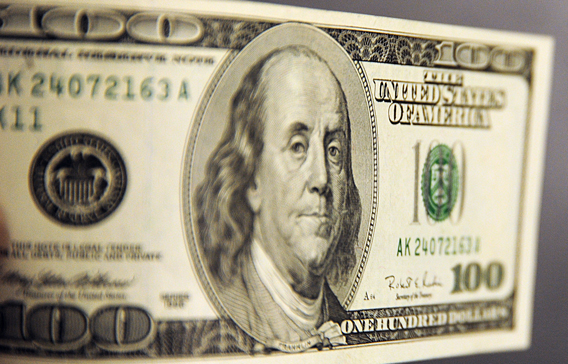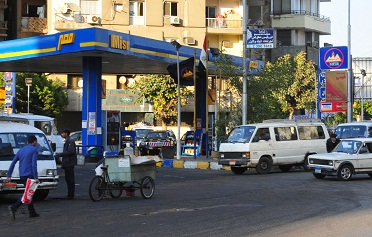The “Bilady” bond certificate programme, a measure taken to prevent the further erosion of Egypt’s foreign currency reserves by offering bonds to be purchased in US dollars, will be introduced on Tuesday.
Representatives of the National Bank of Egypt (NBE), Banque du Caire, and Banque Misr announced the issuance date of the bond at a press conference held Monday at the State Information Service.
The issuance of the “Bilady” bond certificate will only be available to Egyptians living abroad in an attempt to direct foreign currency back into state coffers.
Minister of Immigration and Egyptian Expatriate Affairs Nabila Makram said that the bond certificate is a response to calls from Egyptians living abroad to have a high yield bond certificate that can also bolster Egypt’s economy.
Makran said the new certificates have been launched with maturation periods of one, three, and five years and that their return will be granted in dollars: 3.5% for the one-year certificate, 4.5% for the three-year certificate, and 5.5% for the five-year certificate. The return will be calculated from the day after the purchase and may be withdrawn every six months.
The bond certificates will be sold for $100. Customers will not have the right to withdraw the value of the one-year certificate before its maturation period, while the accumulated value of the three-year certificate can be withdrawn after six months. As for the value of the five year certificate, it can be withdrawn after one year.
The Central Bank of Egypt (CBE) guarantees the right to transfer the returns and values of the certificate to customers’ accounts outside Egypt in US dollars without a maximum transfer limit. The participating banks, in cooperation with the ministry, will prepare internal and external promotional campaigns. International branches of the participating banks will work with customers interested in the bond certificates.
Remittances sent from Egyptians working abroad amounted to approximately $19bn in recent years.
Deputy Governor of the CBE Lobna Helal expected the bond certificates to attract a large amount of foreign currency, based on the past precedent of several countries, such as India, who have offered similarly structured bond certificates and attracted £3.5-5bn.
According to Chairman of the NBE Hisham Okasha, the bonds can be bought through a payment of up to $10,000 by credit cards, on condition that these cards are issued from banks abroad, or through banks in which Egyptians abroad have accounts, in addition to the branches of the three banks abroad. Okasha said three banks will not take commissions, neither for buying or transferring the amounts nor on the bond certificate’s accrued interest upon maturation.
According to Chairman and CEO of Banque du Caire Mounir El-Zahid, there is no connection between the issuance of these bond certificates and funding any national projects.



